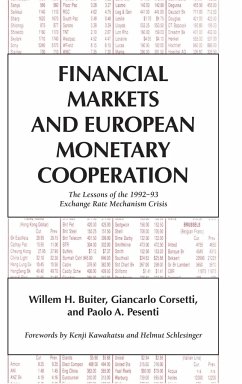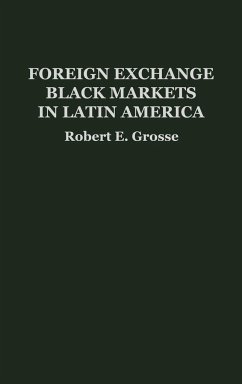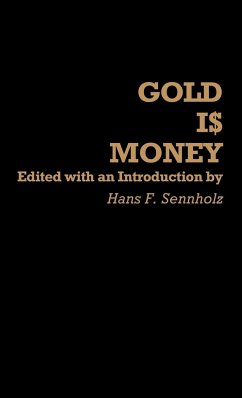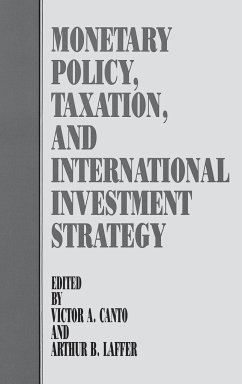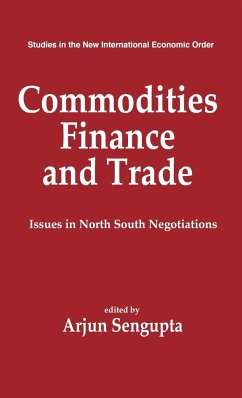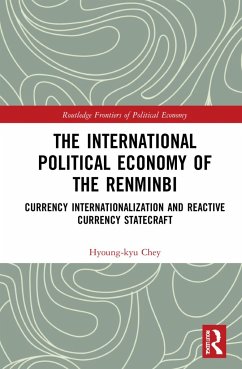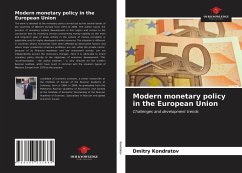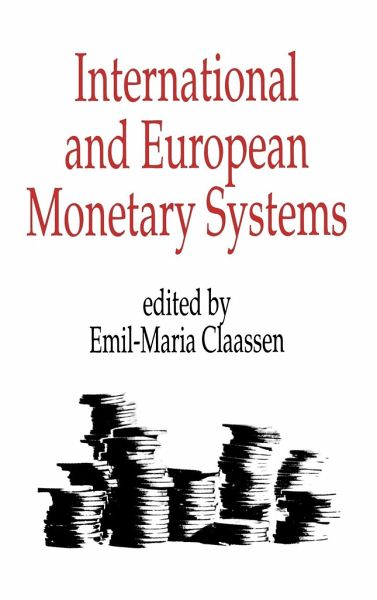
International and European Monetary Systems
Versandkostenfrei!
Versandfertig in 1-2 Wochen
88,99 €
inkl. MwSt.

PAYBACK Punkte
44 °P sammeln!
This volume brings together a distinguished group of contributors from European universities and research institutes as well as U.S. finance and economic institutes to examine a broad range of issues related to the current and future roles of international and European monetary systems. Among the topics covered are the relationship of each system to the U.S. dollar and its fluctuations vis-a-vis the Japanese Yen and German Deutschmark; the effect of fiscal policies on monetary systems; the role of the European currency unit; exchange rate management and international coordination; the theory b...
This volume brings together a distinguished group of contributors from European universities and research institutes as well as U.S. finance and economic institutes to examine a broad range of issues related to the current and future roles of international and European monetary systems. Among the topics covered are the relationship of each system to the U.S. dollar and its fluctuations vis-a-vis the Japanese Yen and German Deutschmark; the effect of fiscal policies on monetary systems; the role of the European currency unit; exchange rate management and international coordination; the theory behind, and policy implications of, over- and undervalued currencies; and the prospects for future currency unification and currency competition. Students of international finance and trade, international economics, and monetary theory will find this an important contribution to debates over international monetary policy. Divided into two major sections, which address the international and European systems respectively, the book begins with three chapters that examine the exchange rate system of a managed float with respect to the dollar. The fundamental question addressed by the authors is whether this system, which has predominated in the last decade, has contributed to increasingly unstable real exchange rates. The following two chapters examine the role of the IMF's special drawing right and the appropriate exchange rate regime for developing countries. The remaining chapters focus on the European Monetary System, and explore such issues as the convergence of monetary and fiscal policies within the European Monetary System and the role of the private European Currency Unit. A bibliography is included for those who wish to pursue further research on these topics.






